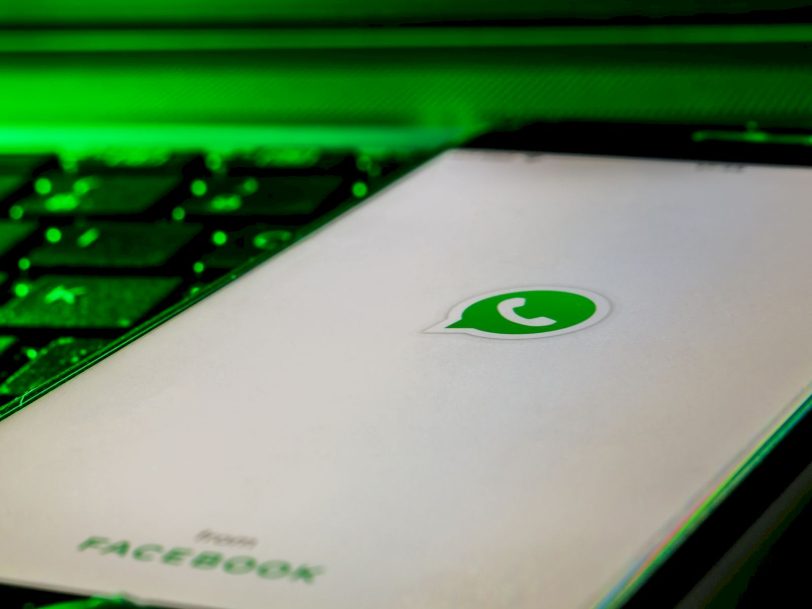What is WhatsApp end-to-end encryption?

With the arrival of WhatsApp Business, this instant messaging application expanded its uses. Currently, it is a great tool for companies when processing payments or addresses of their clients. This demands maximum security on your platform. For this reason, they have designed end-to-end encryption. Discover the details below.
What is end-to-end encryption?
End-to-end encryption is a security system that encrypts messages. When you chat, only you and the person you’re talking to can read or listen to what’s being sent on the hold. Not even WhatsApp has access to these exchanges.
All this happens automatically. It is not necessary to activate a specific configuration. Thanks to this encryption, encrypted messages are secured, and only the recipient and sender have the special key needed to unlock and read them. Furthermore, it is not possible to change the encrypted chat status without this change being visible to the other person.
How does end-to-end encryption work?
First, the message is encrypted on the sender’s device. This occurs before being sent to the WhatsApp servers. It is then automatically decrypted on the recipient’s device.
In this way, it is possible to send data, such as bank accounts, addresses and other confidential information, without major risks. In fact, this system protects all the content of the conversation: text messages, photos, videos and audios.
Undoubtedly, end-to-end encryption represents a great advantage in cybersecurity matters. On the other hand, it must be taken into account that third parties could access the conversation through screenshots or a direct copy of the message.
5 advantages of data encryption
In cybersecurity, data encryption consists of converting a readable format into an encrypted format. This is the basis of the security it offers and its main advantages are the following:
- Maintains data integrity. Thus, hackers will not be able to steal information or alter data in order to commit fraud.
- It makes it possible for organizations to stay adhering to regulations. This ensures that the data is not used or stored for other purposes. In fact, WhatsApp claims that it does not have access to the conversations.
- Protect information on all devices. Therefore, transferring data from one to the other is risk-free. Likewise, it is recommended that the user have advanced authentication systems.
- Helping to organizations. Specifically, WhatsApp can be used as an internal communication tool for companies with remote work. Thanks to end-to-end encryption, the risks of confidential information leaks are reduced.
- Protect intellectual property. This prevents the reproduction or leaking of copyrighted content.
5 tips to protect your WhatsApp account
The theft of a WhatsApp account can violate privacy, since all messages would be accessed. In this case, end-to-end encryption has no scope to secure your information. So here are some steps you should take to protect your account.
- Do not share your registration code with other people.
- Activate two-step verification and provide an email address that you consider safe.
- Protect your devices with a security code.
- Be careful who has physical access to your device, as they could use your account without authorization.
- Completely avoid clicking on links that ask to reset your account verification. Especially, if you have not requested it previously.
In short, the end-to-end encryption used by WhatsApp protects your messages from complex threats. Theft of private information, spies or hackers are the most common. However, it is important that you remain vigilant when sharing information with other users.